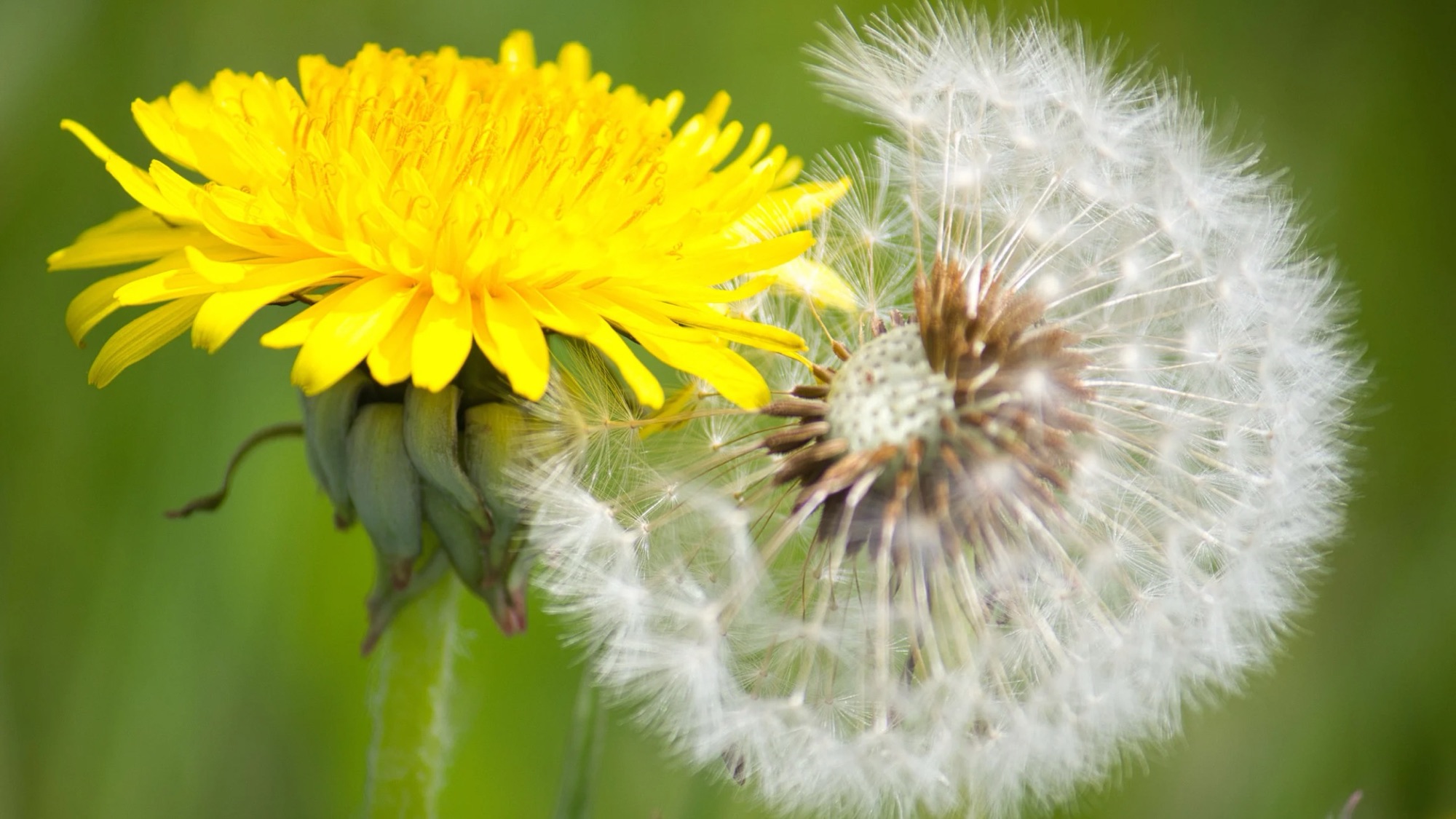Leaves are a natural and abundant resource that can help solve various garden problems. By using fallen leaves effectively, gardeners can improve soil health, retain moisture, and suppress weeds, creating a more sustainable and productive garden. Not only do they provide essential nutrients as they decompose, but they also create a habitat for beneficial insects and microorganisms. This eco-friendly approach turns a common garden nuisance into a valuable asset, promoting a thriving garden ecosystem while reducing waste.
How to make the most of leaves in your garden:
Leaf Mulch
Shred the fallen leaves using a lawnmower or a leaf shredder to create leaf mulch. Spread a layer of your homemade mulch around plants to act as a protective barrier, retaining soil moisture, suppressing weeds, and providing a slow-release source of nutrients as they decompose. The mulch will also improve the soil structure and fertility over time. Learn more about the benefits of mulch.
Compost
Leaves are a fantastic addition to your compost pile. Combine your homemade leaf mulch with kitchen scraps, grass clippings, and other organic materials to create a nutrient-rich compost.
Leaf Mold
If you have an excess of leaves and ample space, consider creating leaf mold. Leaf mold is the result of composting without mixing them with other materials. It takes longer to decompose than regular compost but makes an excellent soil conditioner. Simply create a pile of shredded leaves in a shady corner of your garden and let nature do its work. In a year or two, you’ll have rich, crumbly leaf mold that can be added to garden beds to improve soil texture and water retention.
Leaf Tea Fertilizer
Create a nutrient-rich liquid fertilizer by steeping shredded leaves in water. Fill a container with water and add the leaves, then let it sit for a few weeks. Strain the liquid to remove the leaves, and dilute the “leaf tea” with water before using it to water your plants. This organic fertilizer provides essential nutrients to your plants and is particularly beneficial for seedlings and potted plants.
Compost Tea Activator
Need a boost in yourcomposting process? Layer shredded leaves with kitchen scraps or other compostable materials to accelerate decomposition. The carbon helps balance the nitrogen content from the kitchen waste, ensuring a healthy compost pile.
Using Leaves for Pathways
Use leaves as a natural and biodegradable alternative to traditional mulch on garden pathways. Create a thick layer to prevent weed growth and provide a soft, cushioned surface to walk on. Over time, the decomposition will enrich the soil beneath the pathway.
Protect Plants in Winter
Pile your homemade mulch around the base of sensitive plants to insulate them from freezing temperatures and prevent frost damage.
Leaves to Leave Alone
Not every leaf is beneficial for your garden and some can cause more harm than good. Trees like black walnut, eucalyptus, and camphor laurel contain natural chemicals that can inhibit plant growth and should be avoided. These allelopathic leaves can disrupt soil health and harm other plants if used as mulch or compost. Similarly, diseased or insect-infested leaves should be removed and discarded to prevent spreading problems throughout your garden. It’s better to haul these away to maintain a healthy garden ecosystem.
Stay connected with Colin Can Help:
🌐 For Services: www.colincanhelp.com
Facebook: Colin Can Help on Facebook
Instagram: @colincanhelp
TikTok: @colincanhelp
YouTube: Colin Can Help on YouTube
LinkedIn: Colin Can Help on LinkedIn
Twitter/X: @colincanhelp
Threads: @colincanhelp




